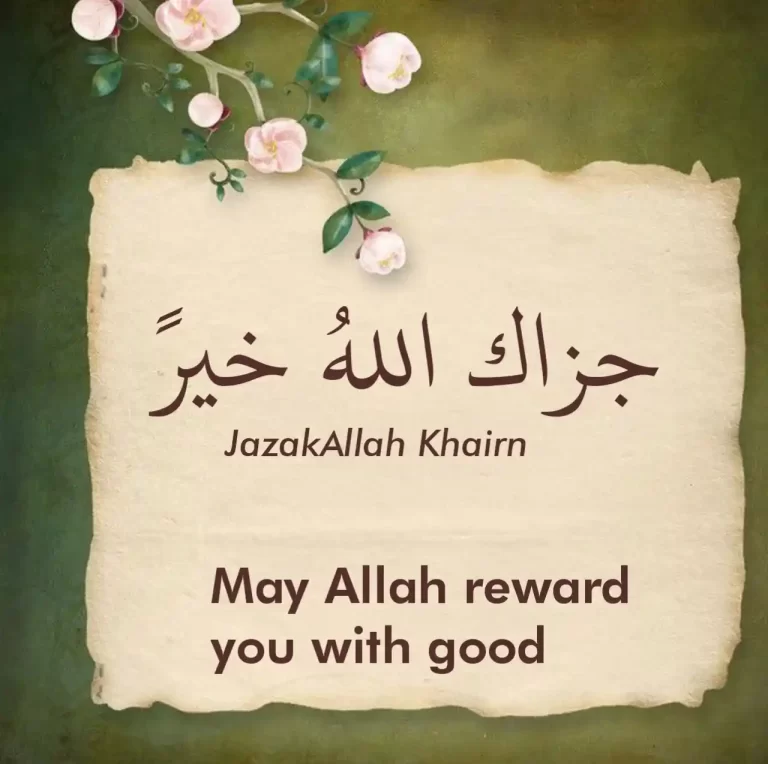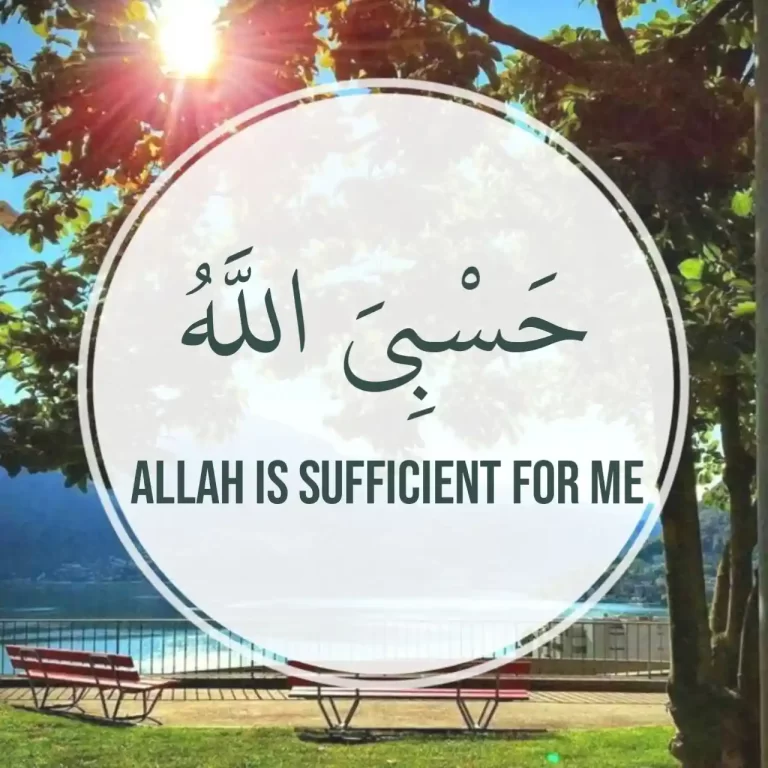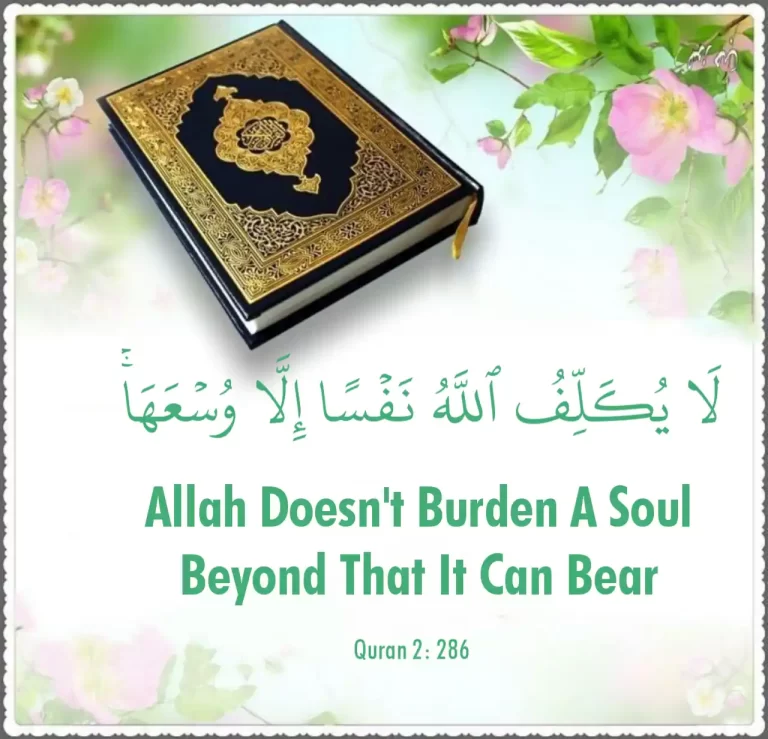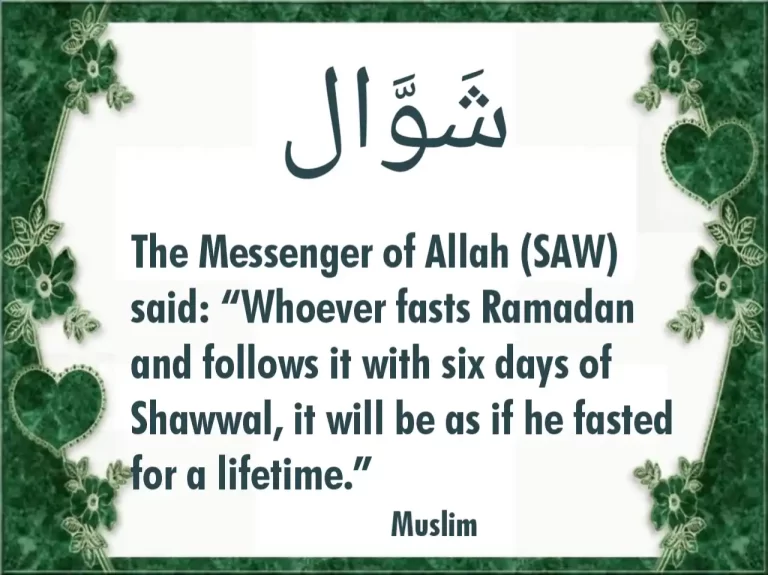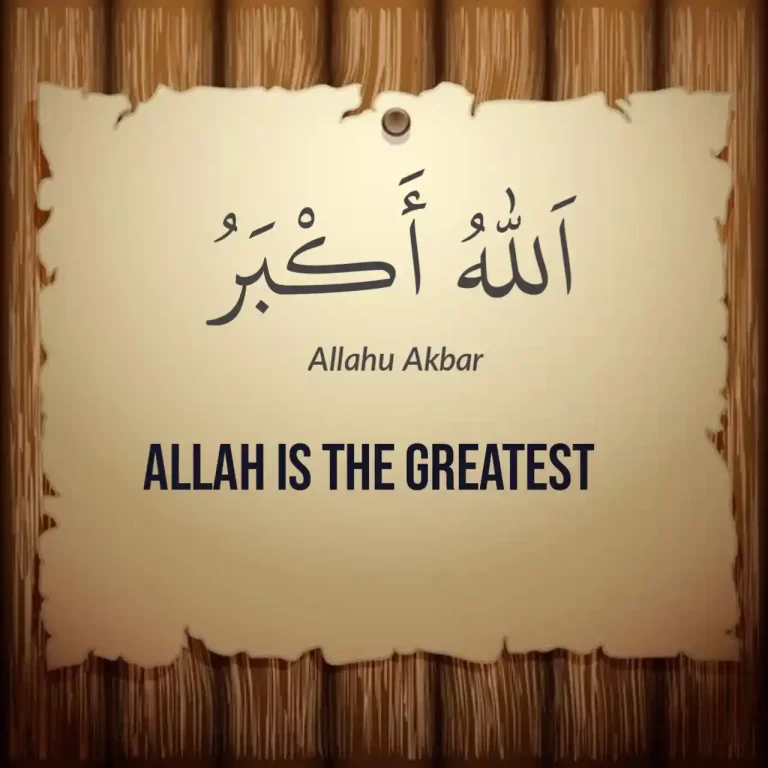3 Deeds Continue After Death Hadith Meaning And Benefits
3 Deeds Continue After Death Hadith is a beautiful hadith that has a lot of lessons and benefits. Check the meaning and commentary of this hadith.
Advertisements
3 Deeds Continue After Death Hadith In Arabic
The hadith of 3 Deeds continue after death can be written in Arabic text as,
عَنْ أَبِي هُرَيْرَةَ أَنَّ رَسُولَ اللَّهِ صَلَّى اللَّهُ عَلَيْهِ وَسَلَّمَ قَالَ إِذَا مَاتَ الْإِنْسَانُ انْقَطَعَ عَنْهُ عَمَلُهُ إِلَّا مِنْ ثَلَاثَةٍ إِلَّا مِنْ صَدَقَةٍ جَارِيَةٍ أَوْ عِلْمٍ يُنْتَفَعُ بِهِ أَوْ وَلَدٍ صَالِحٍ يَدْعُو لَهُ.
3 Deeds Continue After Death Hadith In English
Abu Hurairah reported: The Messenger of Allah SAW said, “When a man dies, his deeds come to an end except for three things: Sadaqah Jariyah (ceaseless charity); a knowledge which is beneficial, or a virtuous decendant who prays for him (for the deceased).
[Muslim]
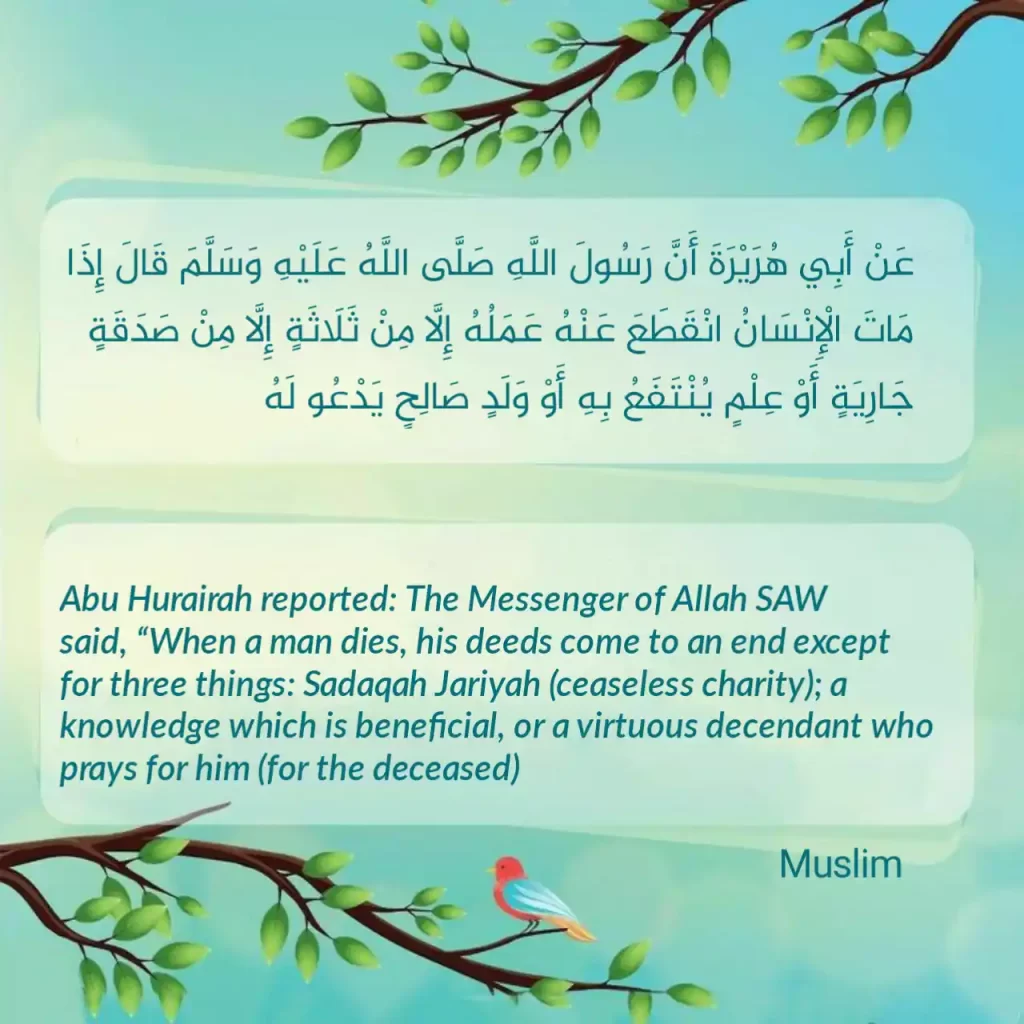
Commentary
The author of Riyadus Saliheen, may Allaah shower blessings on him, recorded this hadeeth under the chapter on the virtue of knowledge which is learnt and taught for the sake of Allah.
Aboo Hurayrah, may Allah be pleased with him, reported that the Prophet SAW said,
Advertisements
When a man dies, his deeds come to an end except from three things: ceaseless charity, a knowledge which is beneficial, or a virtuous child who prays for him (for the deceased).
This hadeeth encourages one to amass righteous actions because one does not know when death will overtake one.
So he should accumulate righteous actions to increase him in rank and reward before Allah, Blessed be He and most High, before the actions will come to an end.
It is well known that none of us know when he will die:
No person knows what he will earns tomorrow, and no person knows in what land he will die.
(Luqman: 34).
So if the issue is like this, a sane person will seize the opportunity of his living to obey Allah, the Mighty and Sublime, before death approaches him.
Advertisements
Then, he would not benefit from admonition or repentance.
His saying: “His deeds come to an end” encompasses all deeds.
Once he dies, nothing will be recorded for him or against him because he is transiting to the abode of recompense from the abode of action, which is the present life.
Advertisements
Thereafter comes reward for all deeds except these three: Sadaqah Jariyah, a ceaseless charity: That is, a person gives out charity with something that persists, and the best of such is mosques.
Building a mosque is a ceaseless charity because the rewards of its builders continue as long as the mosque remains, day and night, and the Muslims perform their Salat, recite the Qur’an, learn and teach knowledge in the mosque.
Another example of a ceaseless charity is a person establishing an endowment for a housing project or similar projects to cater for the needs of the poor, needy, the students of knowledge and those striving in the way of Allah.
Another form of ceaseless charity is publishing a beneficial book for the Muslims to read and benefit from, be it contemporary works or classical works.
The important point is that it should be a valuable book that will benefit the Muslims after him.Likewise, repairing roads is a form of ceaseless charity. If a person repairs a road, frees it of harm and people continuously benefit from this, it is also a ceaseless charity.
The basic principle for ceaseless charity is, “Every righteous action that persists after the death of its initiator.”
As for the second, “a knowledge which is beneficial.” This is the most comprehensive and beneficial of them.
That a person should bequeath a body of knowledge which benefits the Muslims irrespective of its mode of transmission, oral or written.
Authoring of books, teaching people and people conferring on this knowledge, as long as it lasts, the reward of the teacher will continue because people are benefiting from this knowledge which he bequeathed.
The third is, “a virtuous child who prays for him.” A child encompasses both male and female.
It comprises of your biological sons or daughters, your grandchildren, male and female, until the end of the line of descent.
A person will be rewarded for the supplication of a righteous child after his death.Consider the statement of the Prophet SAW stated:
A virtuous child who prays for him. He did not say, A righteous child who observes Salat, recites the Qur’an, give in charity or fast for him.
No, He didn’t say this even though all of them are righteous deeds; rather, he SAW said, A righteous child who prays for him.
This is evidence that supplicating for ones father, mother, paternal and maternal grandparents is better than giving charity, performing the Salat and fasting on their behalf.
This is because it is not possible for the Prophet to direct his Ummah except to that which he knows is best for them.
Every Prophet sent by Allah guided his Ummah towards what he knows to be the best for them.
If the Messenger had known that your giving charity on behalf of your father and mother is better than supplication, he would have said charity rather than supplication.
So since he refrained from mentioning charity, fasting, Salat, recitation of the Qur’an in a state of discussing deeds, he would not have left these actions to mention supplication.
Then, we know with certainty, with no doubt, that supplication is better than the other good deeds.If a questioner were to ask us about giving charity on behalf of his father or supplicating for him, we will say that supplication is better because this is the directive of the Messenger He said, “or a virtuous child who prays for him”.
It is amazing that the masses believe that giving charity, fasting for a day, reciting from the Qur’an and other similar acts are superior to making supplication.
The origin of this is ignorance. Otherwise, he who ponders over the texts will know that supplication is best.
Thus, the Prophet SAW did not utter a single word about the righteous deeds a person dedicates to his father, at all.
Imam Malik, may Allah shower blessings on him, stated that there were specific instances whereby a companion would asked him, “Should he give charity on behalf of his dead father or dead mother?” And he said: “Yes, there is no harm”. However, he did not encourage his Ummah to this and he did not direct them to it.
But he was asked concerning specific problems or issues.
Sa’d bin Ubadah – may Allah be pleased with him asked him if he should give his house in charity on behalf of his mother after her death and the Messenger said, “Yes”.
A man came to him and said, “O Messenger of Allah, my mother died suddenly. Should I give charity on her behalf? He said, “Yes”.
However, when he wanted to legislate a general law for the Ummah, he said: “Or a virtuous child who prays for him.”We ask Allah to forgive you and us, our parents and the generality of Muslims.
Advertisements



